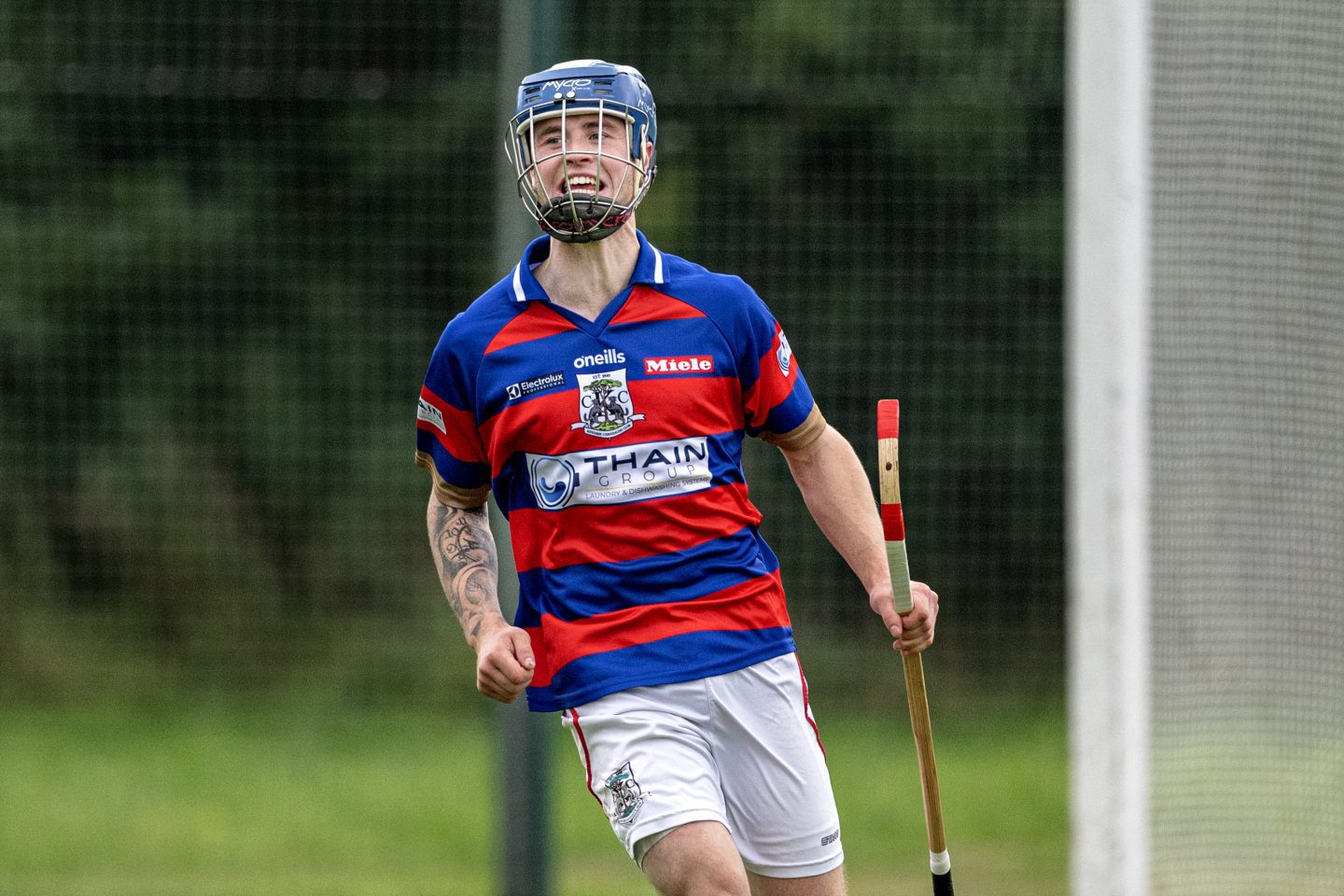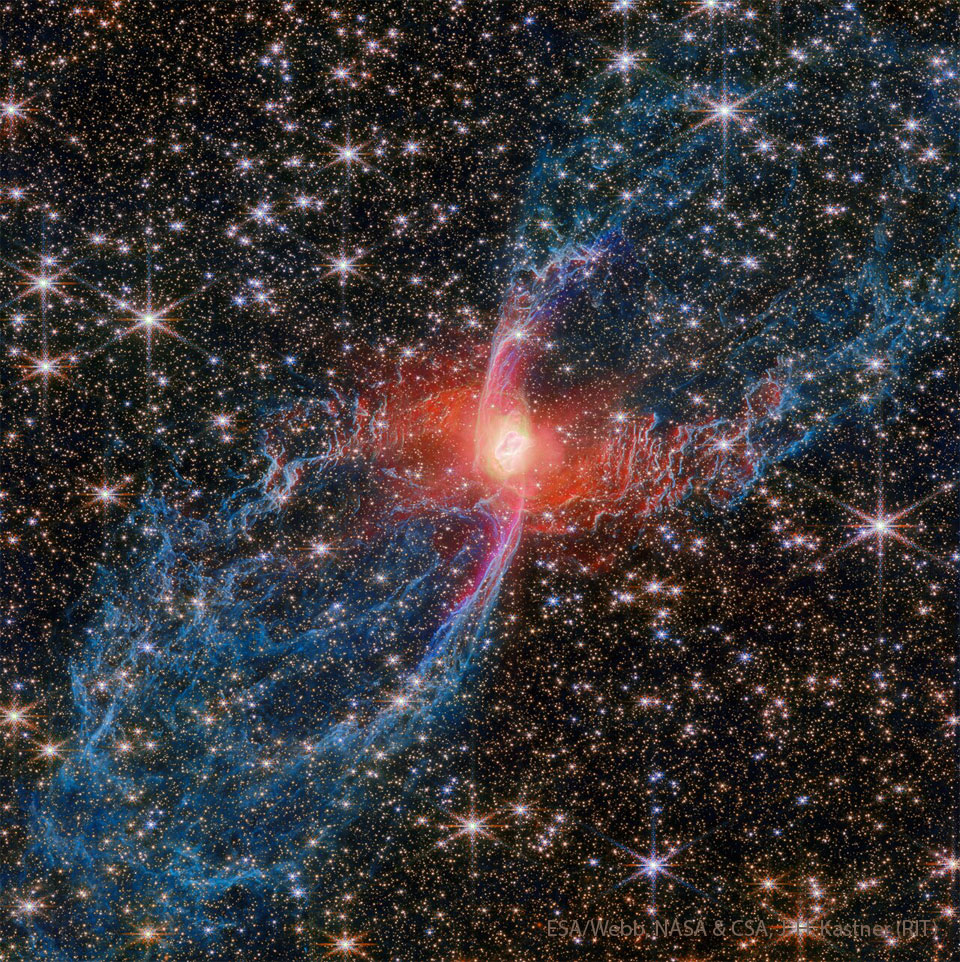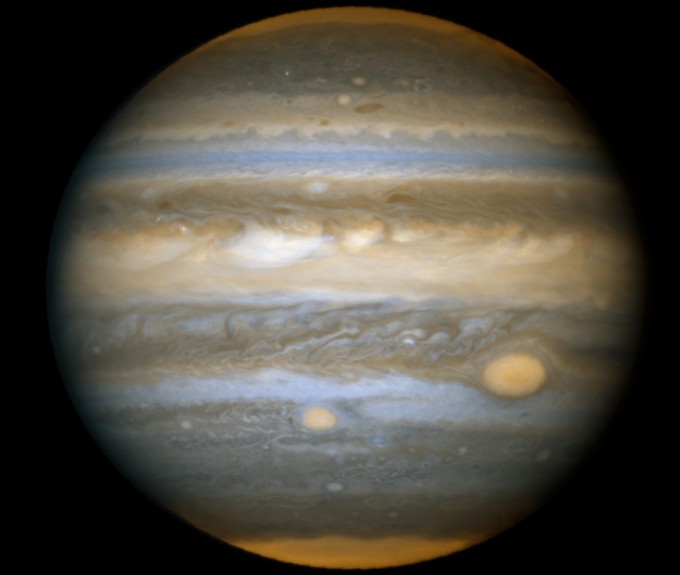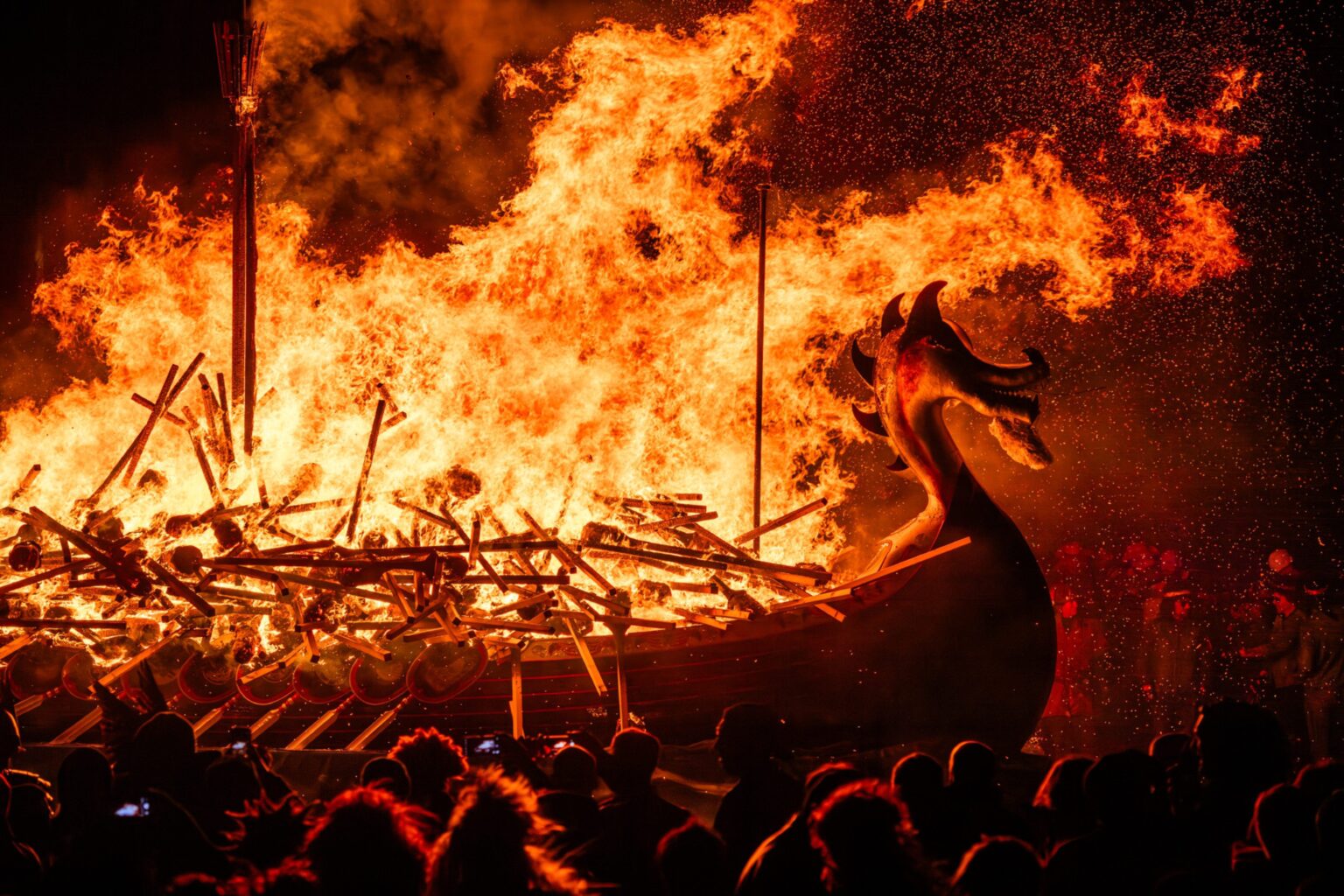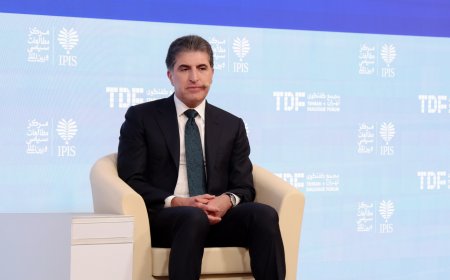Reclaiming a hidden legacy – Idris Barzani (1944 – 1987): Life and Political-Military Role in the Kurdish Liberation Movement by Karwan Jawher Muhammad
Michael EJ Phillips / Lecturer in the Department of French at Salahaddin University
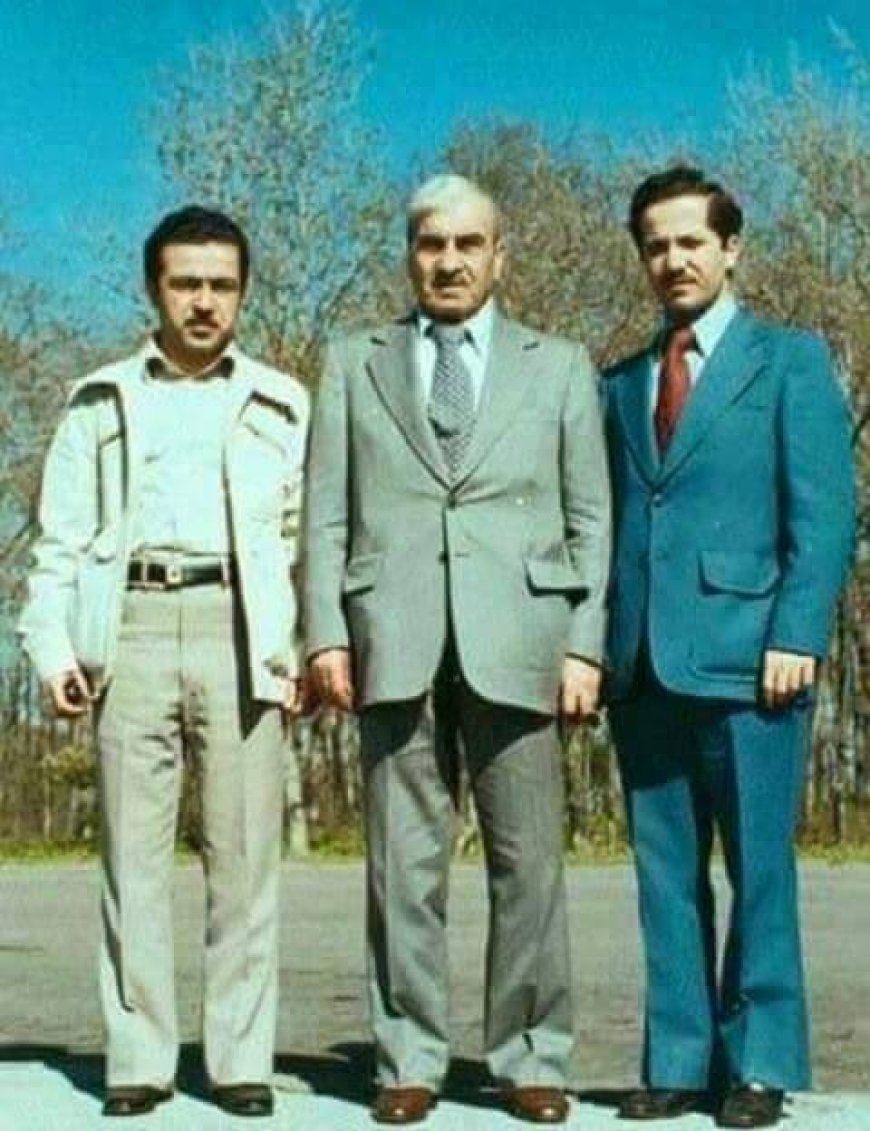
Today marks the 49th anniversary of the Gulan Revolution of 26 May 1976, mainly under the inspiring leadership of Idris Mustafa Barzani. It followed on from the September Revolution of 1961 and the Algiers Agreement of 1975.
This book entitled Idris Barzani (1944 – 1987): Life and Political-Military Role in the Kurdish Liberation Movement is about a true hero of Kurdistan, and the life of someone who was able to manage two critical aspects of the Kurdish struggle simultaneously. The book has its primary witness President Massoud Barzani, who in the book describes the relationship between the two brothers as so profound that they were viewed as twins – two souls united in their vision for the future of Kurdistan.
While on the surface this might be something literal, it goes far deeper than that. It is not simply about personal affection, but about a shared commitment to Kurdish values and aspirations that transcend individual ambition. Idris was able to manage both people – in a very humanitarian approach to life – as well as revolution and resistance to the repression under which the Kurdish people have often found themselves.
This duality manifested itself in a maturity beyond his years and leadership ability that inspired respect from all those who encountered him. A particular example is how he cared for the thousands of Kurdish refugees who had fled due to difficult circumstances in their homeland. He was also able to maintain the military structure and discipline necessary to maintain continued resistance and long term strategy. It was especially important to do so because of the need to ensure that honour and dignity were preserved at a time of immense hardship and suffering for the Kurdish people.
Moral support is one of the best ways to contribute to a person’s wellbeing and determination to continue when the road is rocky and difficult. Idris Barzani was known above all for being able to support those around him, be they his high level commanders or an ordinary person. Moral support also comes in the form of satisfying immediate human needs, topmost being food and water, so that people are sustained, continuing to fight the good fight.
In terms of the book itself, it details the background to and foundations of the Gulan Revolution, particularly how the personal characteristics of Idris Barzani contributed to its success during a critical transition period leading up to events such as the Iranian Revolution of 1979 as well as Saddam Hussein becoming President of Iraq on 17 July 1979. The Gulan Revolution was furthermore the positive outcome to all those many struggles against and resistance to successive Iraqi regimes.
The structure of the book is in four main parts. The first concerns his biography, covering his family background, education and early life experiences shaped his philosophy and worldview – not least his humanitarianism and strong belief in upholding the dignity of the Kurdish people in the face of unimaginably challenging circumstances. It also depicts the human side to this great leader. The second and third parts are involved with outlining his formation in the world of political decision making and leadership, particularly his important role in negotiations prior to the 11 March 1970 Agreement in which the principles of an autonomous Kurdistan Region of Iraq were enshrined and greater rights for the Kurdish people established. During this time, his sophisticated grasp of international relations and strategy became very much apparent.
Such events and coming to political maturity laid the groundwork and formed the foundation of his pivotal role in efforts towards Kurdish reconciliation and unity. It shows that while he maintained his core principles, he was also able to adapt with great adroitness to an often rapidly evolving political landscape.
Karwan Jawher Muhammad provides a comprehensive and thorough analysis of the life and times of this most important figure in the history of the Kurdish Liberation Movement. His work positions Idris as not only the son of his father, the legendary Mullah Mustafa, but also as a political and military leader in his own right. Over and above that, it is often said – indeed it is a generally known concept – that understanding the past is key to understanding the present. As Kurdish political life and times evolve into the middle of the third decade of the twenty-first century and beyond, the book is invaluable in providing an overview of what shaped the current President of Iraqi Kurdistan – and how he too holds dear the principles of upholding and maintaining the dignity of the Kurdish people. It is proof positive of the fact that true leadership arises through serving others, while even the youngest among us can rise to become fathers of a great nation when called upon by history.

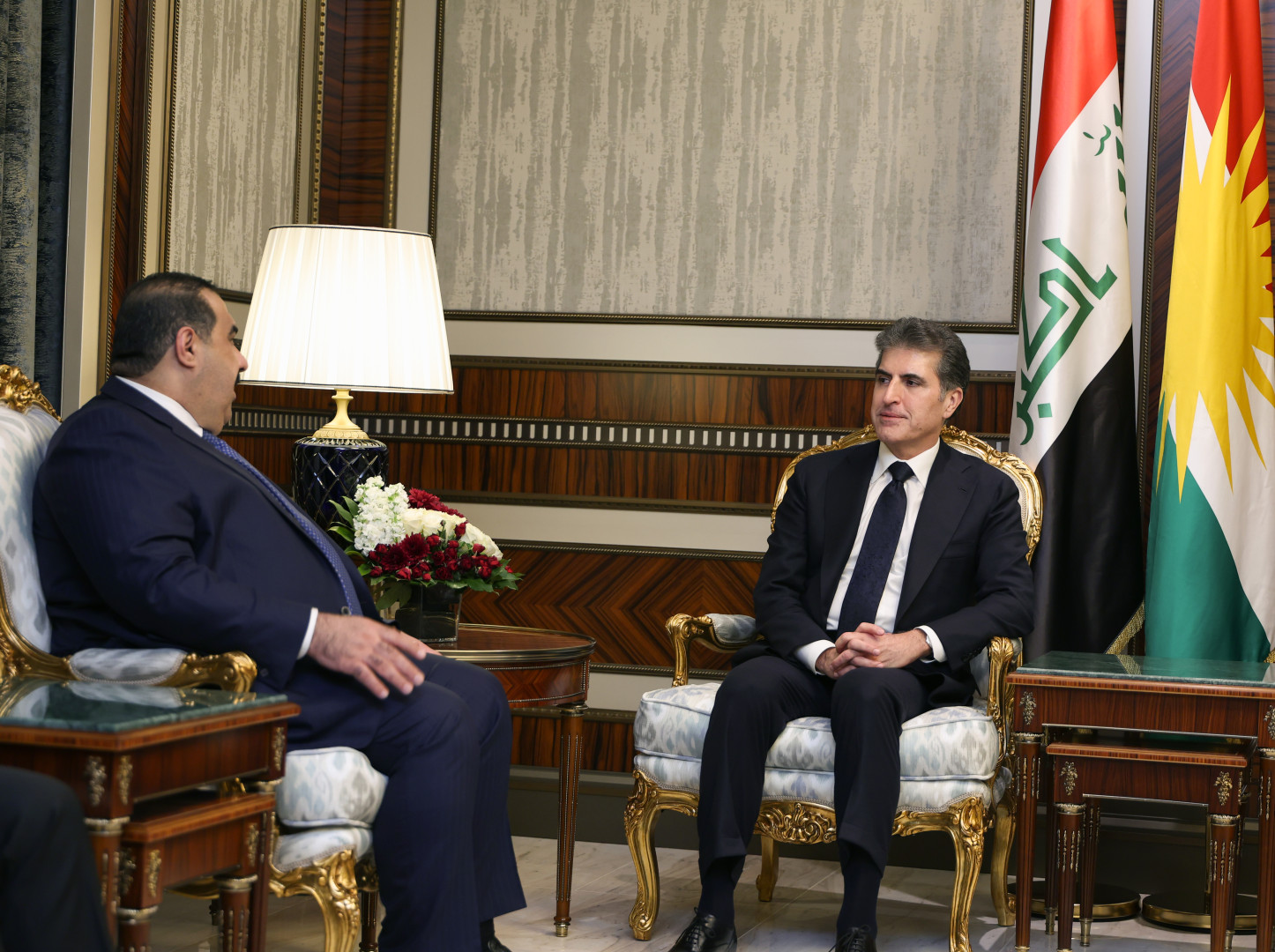

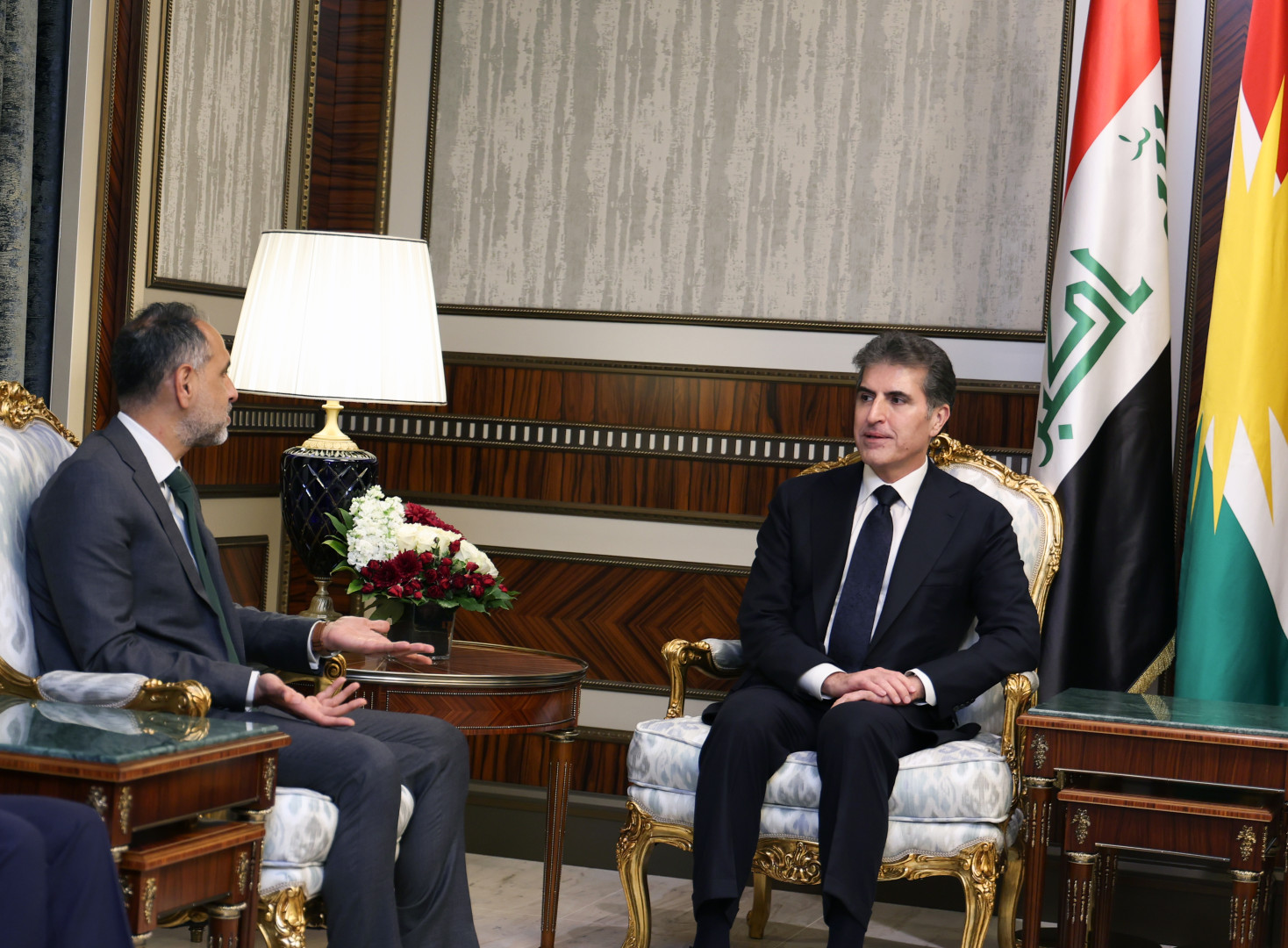



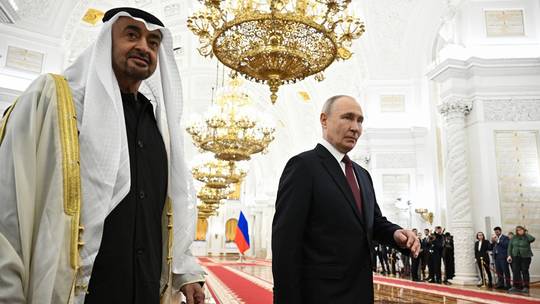
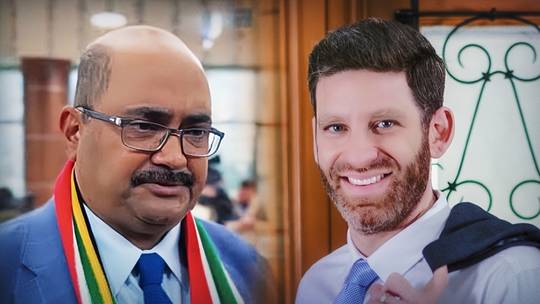









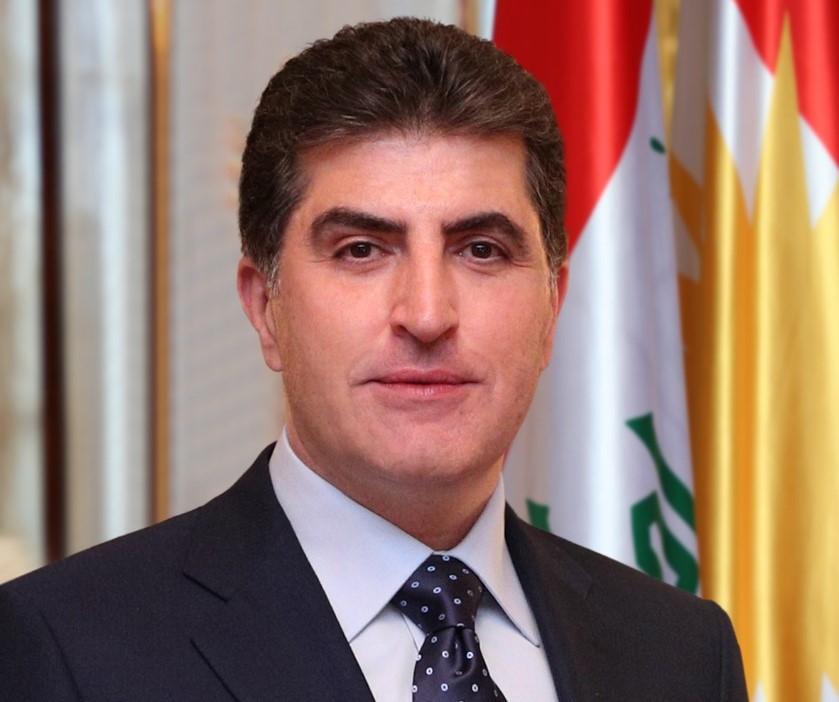



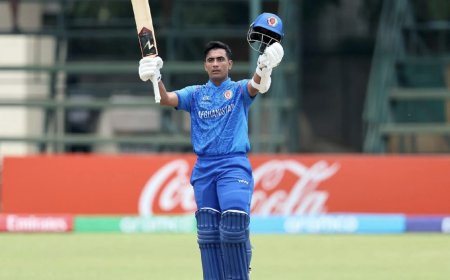
/file/attachments/orphans/IMG_9103_429753.jpeg)




